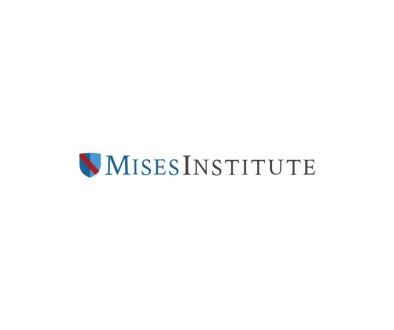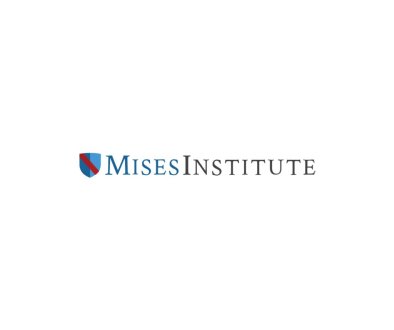Professors’ Labor Unions Lack Standing to Challenge Government’s Cancellation of Grants and Contracts to Columbia
From Judge Mary Kay Vyskocil’s opinion today in American Association of University Professors & American Federation of Teachers v. U.S. Dep’t of Justice (S.D.N.Y.):
[P]laintiffs seek a preliminary injunction requiring Defendants to pay out to non-party The Trustees of Columbia University in the City of New York … “approximately $400 million in federal grants and contracts to Columbia,” funded by the American taxpayers, which several executive agencies recently terminated because, among other reasons, the grants and contracts “no longer effectuate[d] … agency priorities” and “for the convenience of the Government.” Plaintiffs further seek to prospectively enjoin Defendants from terminating, “pausing,” “or otherwise interfering with” more than $5 billion in active taxpayer-funded grants and contracts to Columbia. Conspicuously, Columbia, whose grants and contracts were terminated and whose funding is the subject of the relief Plaintiffs seek, is not a plaintiff.
With no apparent sense of irony, lawyers for an organization called “Protect Democracy” insist that a district court judge should order the Executive Branch immediately to restore the flow of taxpayer dollars to an elite university, which funding Defendants represent is inconsistent with the priorities of the duly elected President of the United States. Our democracy cannot very well function if individual judges issue extraordinary relief to every plaintiff who clamors to object to executive action. Neither the Executive Branch nor the Legislature ever awarded the grants and contracts at issue to Plaintiffs or any of their members. The funding that Plaintiffs ask this Court to commandeer was awarded to Columbia, which is conspicuously absent from this case. If any funds have been wrongfully withheld, such funds may be recovered at the end of a successful lawsuit by the appropriate plaintiff in an appropriate forum.
Plaintiffs lack standing to assert the claims they purport to allege in this case. They are inserting themselves into a quarrel between the Executive Branch and non-party Columbia, which, Plaintiffs’ own submissions make clear, Columbia wishes to resolve cooperatively, and perhaps through administrative appeals, without resorting to litigation that might further imperil Columbia’s resources and reputation. Indeed, Plaintiffs’ and Columbia’s different assessments of the litigation risks simply underscores that non-party Columbia is the party with “the personal stake in the litigation.” This Court has no authority to opine on the legality of Executive Branch actions against an entity that is not a party to this case.
As the Supreme Court has stressed, “plaintiffs must demonstrate standing for each claim that they press against each defendant, and for each form of relief that they seek.” The principal relief Plaintiffs seek is a judicial order commanding executive agencies to pay out money to non-party Columbia pursuant to grants and contracts that were previously awarded by executive agencies to non-party Columbia. However, as set forth above, neither Plaintiffs nor their members were ever the recipients of those grants and contracts. “Absent a contractual relationship there can be no contractual remedy.” Hillside Metro Assocs., LLC v. JPMorgan Chase Bank, Nat. Ass’n (2d Cir. 2014) (holding that a party lacks prudential standing to enforce a contract “to which it is neither a party nor a third-party beneficiary”).
{Plaintiffs’ members may have benefited from federal funds, but “[p]roving third- party beneficiary status requires that the contract terms clearly evidence an intent to permit enforcement by the third party in question.” Here, Plaintiffs offer no evidence that their members were third-party beneficiaries to any grants or contracts. Rather, the relevant evidence demonstrates that, for example, the NIH awarded grants to Columbia alone (which, in turn, designated the principal investigator on the grant from among its faculty). With respect to enforcement, Plaintiffs’ own evidence suggests that Columbia had to conduct “appeals” of “the University’s federal research portfolio” and was merely enlisting “help to be prepared to file such appeals” from Plaintiffs’ members. This evidence suggests that non-party Columbia’s grants and contracts did not contemplate enforcement by Plaintiffs’ members.}
{Relatedly, Plaintiffs purport to assert a claim pursuant to the “unconstitutional conditions” doctrine, but, as Plaintiffs themselves quote the Second Circuit explaining, that doctrine prohibits the government from placing “a condition on the receip
Article from Reason.com

The Reason Magazine website is a go-to destination for libertarians seeking cogent analysis, investigative reporting, and thought-provoking commentary. Championing the principles of individual freedom, limited government, and free markets, the site offers a diverse range of articles, videos, and podcasts that challenge conventional wisdom and advocate for libertarian solutions. Whether you’re interested in politics, culture, or technology, Reason provides a unique lens that prioritizes liberty and rational discourse. It’s an essential resource for those who value critical thinking and nuanced debate in the pursuit of a freer society.



